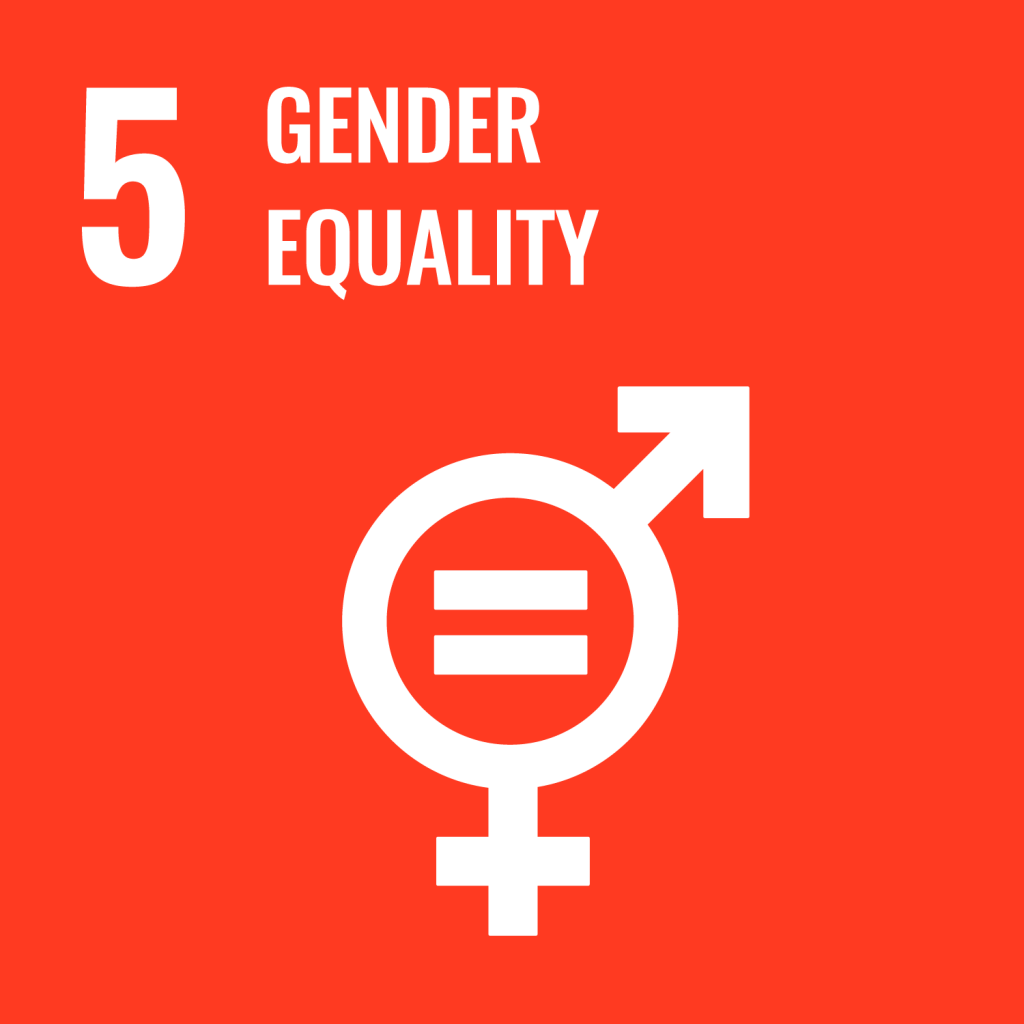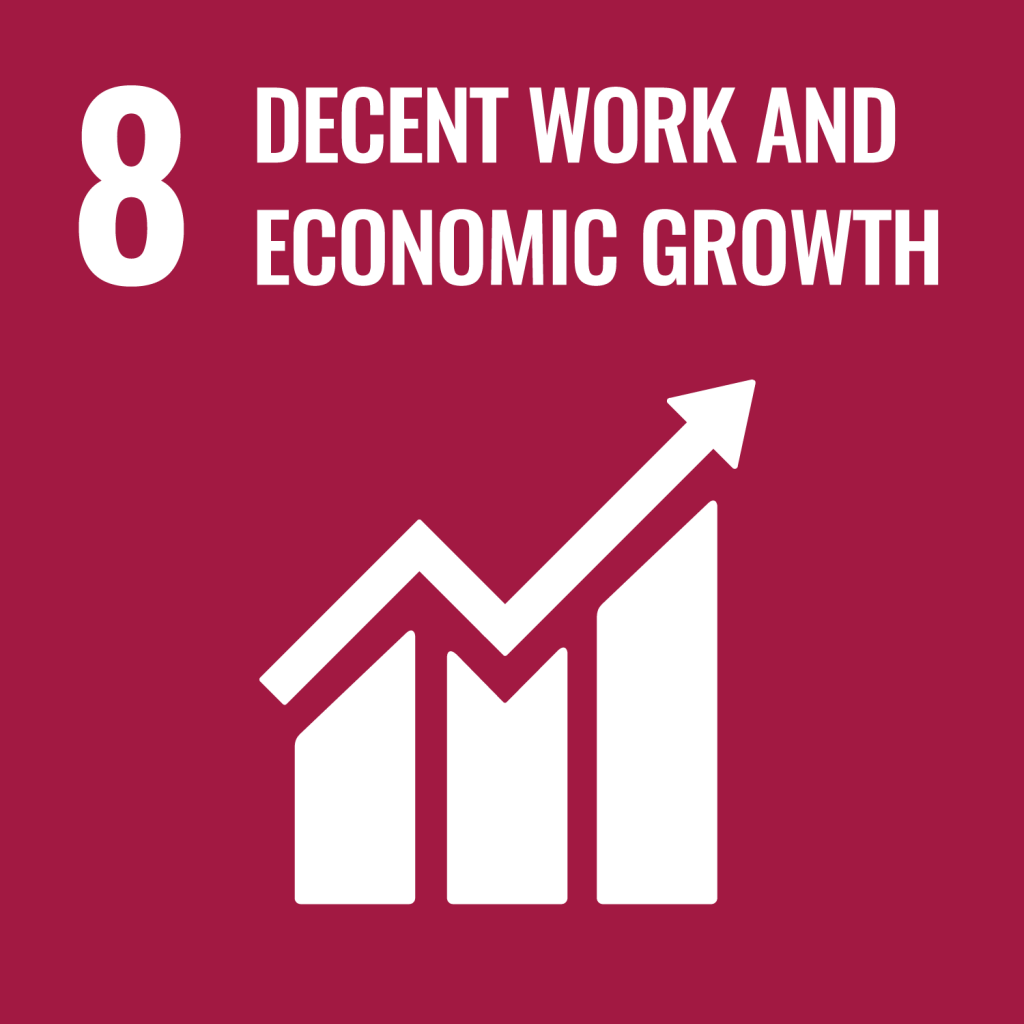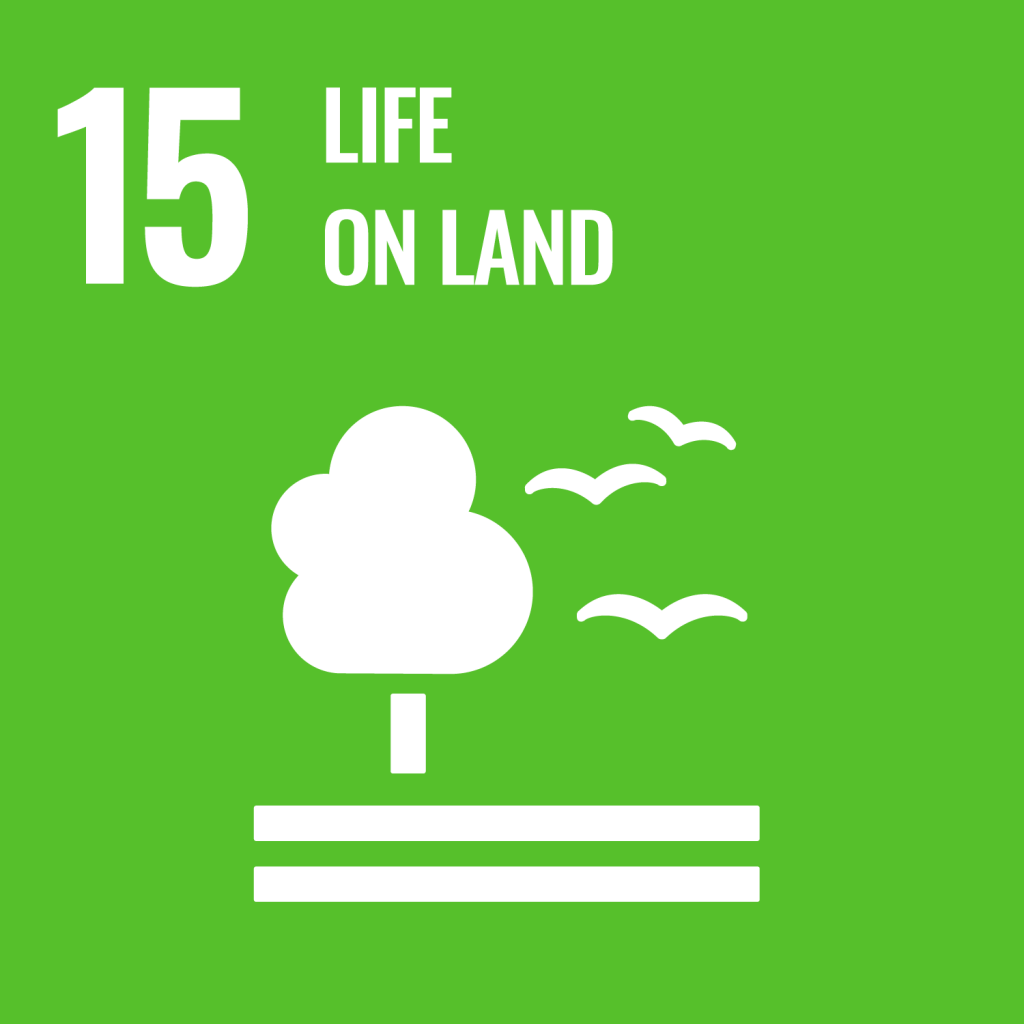What We Do
01.
— We Find & Fund
Our projects are funded by donations, grants, and the sales of specially developed products for hotels and companies.
02.
— We Build Networks
We work with NGOs and other experts to ensure the correct development and implementation of our projects.
03.
— We Strengthen
Once our projects are in place, we continue to follow up while checking and reporting regularly. This helps the people we support to increase their capacity while assuring the benefit of the project.
Nepal
WOMEN EMPOWERMENT AND CHILDCARE
“Sadana: a certified workplace for women individual workers in the textile sector in Nepal.”
Unemployment, underemployment, and early school leaving contribute to poverty rates in Nepal.
There is quite a considerable number, around 0.92 million, of home-based workers who are not considered in statistics.
Across South Asia, millions of women are working as homeworkers for the global fashion industry.
Typically employed informally by subcontractors or intermediaries and drawn from the most impoverished communities,
women homeworkers are the sector’s worst paid and most insecure workers.
Despite this, homeworking offers a vital source of family income for many women, particularly those with young children,
and banning this practice only pushes it further underground. Consequences are women’s isolation, physical and psychological, and early school leaving risking force labor in textile multinationals supply and de-regulated working conditions.
Our goal is to provide a safe space to empower women, ensure a fair working condition assuring the possibility
of being a mother and a worker for those women.
This enables as well education for their children and livelihood new opportunities.
We create and provide a safe space for 25 women in home-based workers related to the textile sector ( spinners).
We want to build a workshop where women can spin and socialize within walking distance of their homes.
A local coordinator will be trained as a mentor to teach the others turning techniques in the workshop.
Women will receive an additional income when working on a piece-based fee but can continue their household tasks.
Each person enrolled in the workshop will work the number of hours defined together with the workshop manager.
This will help women receive a higher income and more freedom from working in good conditions while fairly paid.
There will also be childcare for at least 10 children where they will be provided with food and education.
They will not be in contact with substances that could harm their health as usually textile homeworkers work
and live in a small room with adverse effects on health.
Women will participate in educational programs held by local charities to become socially aware of their rights and empower themselves.
What We Care For!

Women spend 2.5 more times as many hours than men on unpaid domestic and care work. Pandemic is adding to the burden of non-paid work and chasing women out of the labor force.

Promote sustained inclusive and sustainable economic growth, full and productive employment, and decent work for all the people supported by our projects.

Progress in safeguarding biodiversity areas has stalled over the last 5 years. We support nomadic herder families in Mongolia through the Nomadnoos brand that sources responsible fibers respecting the Mongolian biodiversity and increasing the herders’ livelihood.
